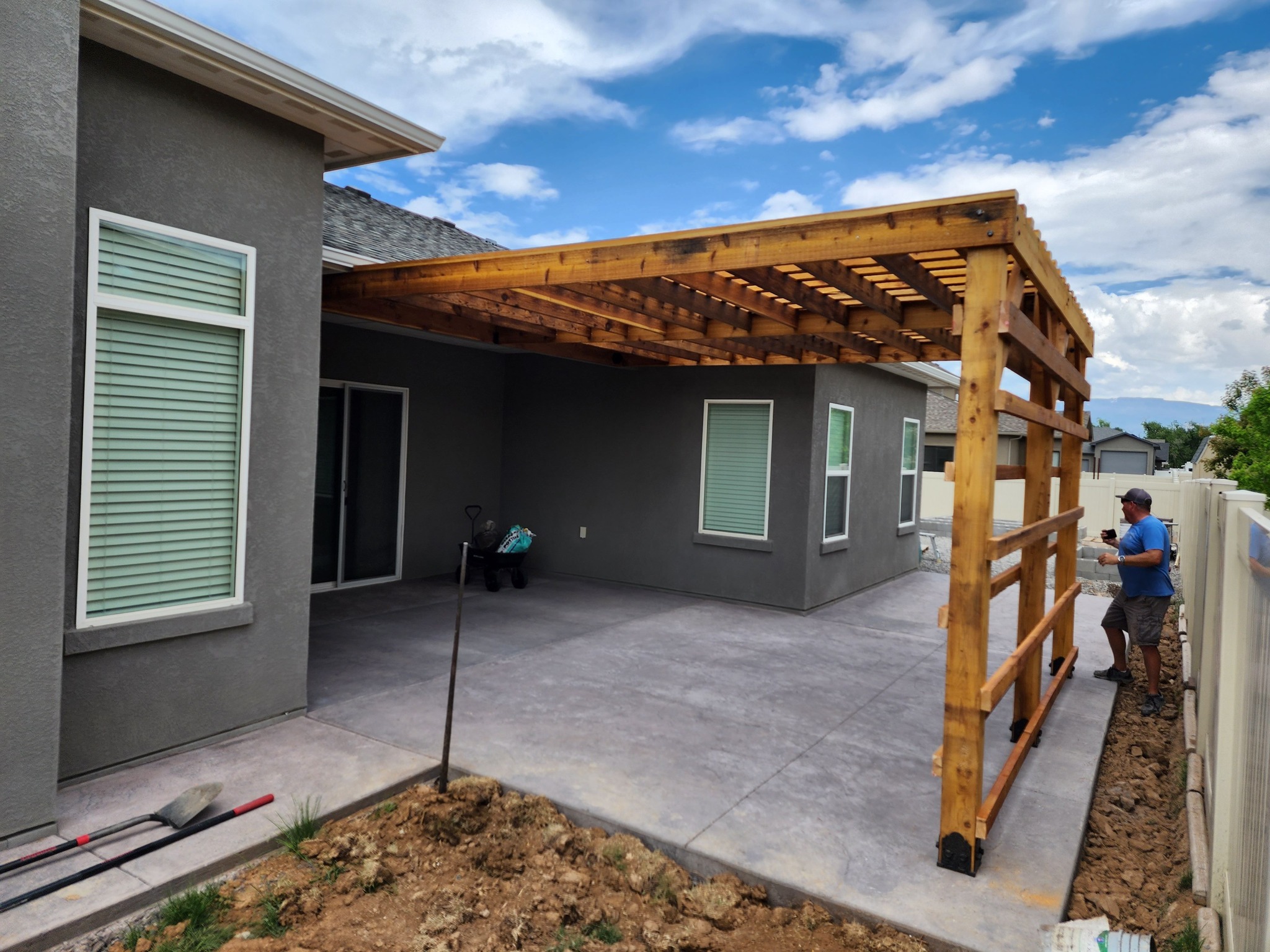
Building the Future: Sustainable Construction Practices to Watch Aug 29, 2025
Understanding sustainable construction practices is essential for anyone involved in the industry, whether you're a contractor, a future homeowner, or simply interested in ecological advancement. Sustainable construction is not just a trend; it's a necessary evolution towards building greener, more efficient structures.
The core of sustainable construction lies in reducing the environmental impact of new buildings. This involves using materials and construction techniques that aim to minimize waste, promote energy efficiency, and conserve natural resources. By opting for recycled and renewable materials, construction sites reduce their carbon footprint while supporting a circular economy. Innovations in materials, such as engineered timber and recycled steel, have paved the way for more environmentally friendly construction approaches, without compromising on quality or durability.
Energy efficiency is another crucial component of sustainable construction practices. Integrating renewable energy sources like solar panels and wind turbines into building designs can drastically reduce reliance on non-renewable energy. Dragonfly Construction ensures that every project maximizes natural light and ventilation, reduces energy consumption, and enhances the building's overall performance. Smart building technologies, including energy-efficient lighting, heating, and cooling systems, further contribute to sustainability by optimizing energy use based on occupancy and environmental conditions.
Water management is a vital aspect of sustainable construction as well. Techniques such as rainwater harvesting, efficient plumbing systems, and greywater recycling conserve water resources and reduce the burden on municipal systems. These practices not only help in preserving precious water resources but also lower utility costs for building occupants in the long run.
Sustainable construction also extends to site planning and management. This includes choosing a location that minimizes habitat disruption and efficiently uses land resources. Practicing site cleanup and waste management reduces pollution and promotes a healthy environment. Dragonfly Construction collaborates with environmental experts to ensure that all projects enhance biodiversity and integrate green spaces where possible.
Yet, sustainable construction is not just about the environment—it also benefits the economy and society. By adopting sustainable practices, construction companies can reduce costs over the building's lifespan, lower operational expenses, and increase property values. Moreover, these practices create healthier living and working spaces, which can lead to improved well-being for occupants.
In conclusion, sustainable construction practices represent the future of the building industry. As awareness of ecological and societal impacts grows, companies like Dragonfly Construction are demonstrating that it's possible to create beautiful, functional, and sustainable buildings that meet the demands of modern life. Whether you're investing in a new build or remodeling an existing property, embracing these practices is a step towards a more sustainable future. By choosing sustainable construction, you're not only supporting the environment but also creating a lasting benefit for future generations.